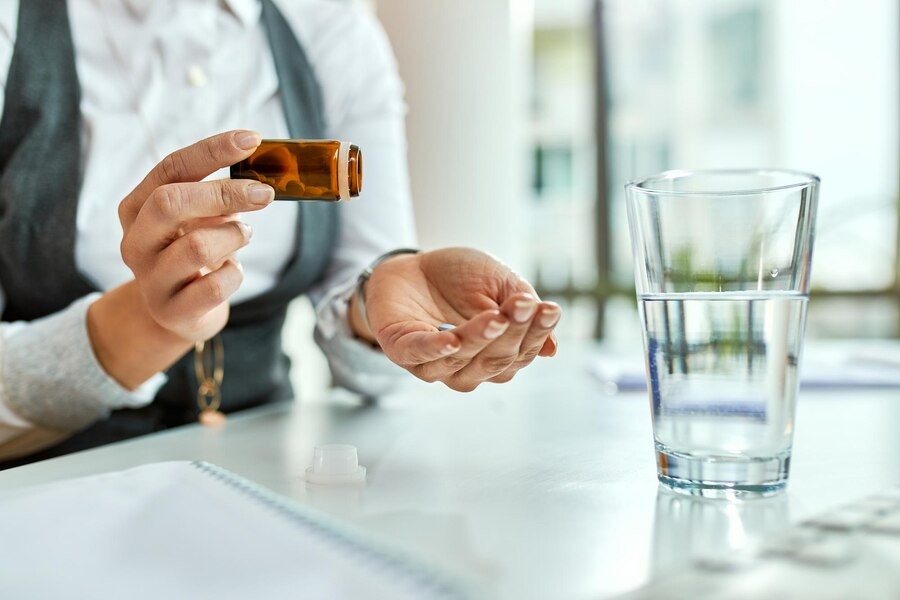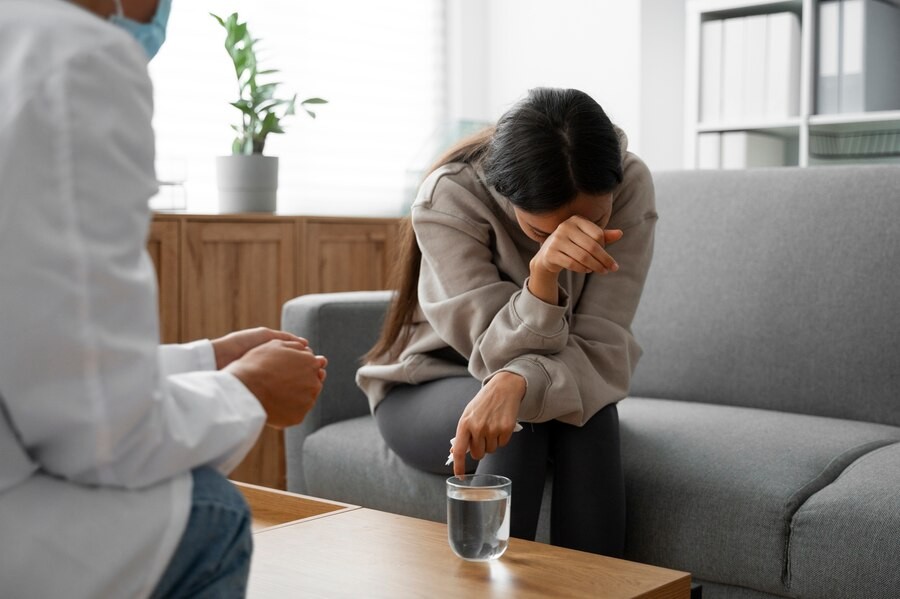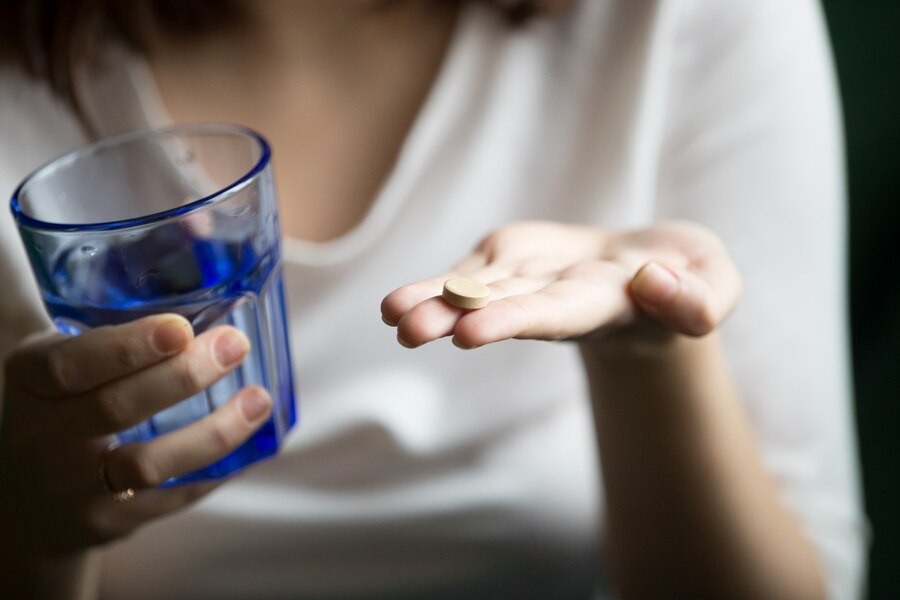Postpartum depression (PPD) refers to a depressive condition that emerges after childbirth. While it is more commonly associated with mothers, fathers can also experience PPD, though at a lower frequency, with around 1 in 10 fathers being affected.
PPD is often marked by intense emotional shifts, feelings of unease, and challenges in caring for the newborn. Unlike the baby blues, which are milder and temporary, PPD can pose serious risks to both mother and child if not properly addressed.
Causes of Postpartum Depression in Mothers
The precise causes of postpartum depression (PPD) remain unclear. However, several biological, emotional, and environmental factors are believed to contribute to its onset in mothers after childbirth.
The following are the factors that cause PPD:
Drastic Hormonal Changes
After delivery, a mother’s body undergoes significant hormonal shifts. Levels of estrogen and progesterone decrease rapidly, which can lead to feelings of sadness, heightened anxiety, or extreme fatigue.
In addition, some women experience a drop in thyroid hormone levels, further exacerbating feelings of tiredness and depression.
Psychological Factors
Childbirth is a transformative event that can bring about significant emotional changes and, in some cases, psychological trauma. Some mothers may struggle with feelings of inadequacy or fear regarding their ability to care for their newborn.
The arrival of a baby also necessitates numerous lifestyle adjustments, such as changes to sleep schedules and daily routines. These new responsibilities can become overwhelming, leading to increased stress and pressure.
History of Mental Health Issues
Women with a prior history of mental health disorders, including depression or anxiety, are at an elevated risk of developing PPD. Moreover, life events such as past trauma, personal loss, or a family history of mental illness can also influence the likelihood of experiencing PPD.
Physical and Health Conditions
A mother’s physical condition postpartum plays a significant role in her mental well-being. Factors like sleep deprivation, physical exhaustion, and health complications can amplify emotional distress and worsen PPD symptoms.
Social Factors
The social environment surrounding a new mother is crucial in shaping her mental health. A lack of support from a partner or family can leave her feeling isolated and overwhelmed.
Stress from marital discord, financial difficulties, or societal expectations—such as the cultural notion that childcare is solely the mother’s responsibility—can further exacerbate the emotional burden.
It is important to remember that experiencing postpartum depression is neither a sign of weakness nor a failure on the part of the mother. Childbirth is a monumental life event that demands proper care, attention, and emotional support. Active involvement from partners and family members can make a significant difference in helping mothers navigate the recovery process.
If you or someone close to you is showing signs of PPD, consulting a healthcare professional or psychiatrist is strongly encouraged. Additionally, you can seek assistance through the consultation service available on the Ai Care application, which is downloadable via the App Store or Play Store.
Looking for more information about other diseases? Click here!
- dr Nadia Opmalina
Sarah Bradley (2024). How Long Does Postpartum Depression (PPD) Last – and Can You Shorten It?. Available from: https://www.healthline.com/health/depression/how-long-does-postpartum-depression-last
Cleveland Clinic (2022). Postpartum Depression. Available from: https://my.clevelandclinic.org/health/diseases/9312-postpartum-depression
Debra Fulghum Bruce, PhD (2024). Postpartum Depression. Available from: https://www.webmd.com/depression/postpartum-depression
Lisa Fields and Shawna Seed (2024). Is It Postpartum Depression or "Baby Blues"?. Available from: https://www.webmd.com/depression/postpartum-depression/postpartum-depression-baby-blues












